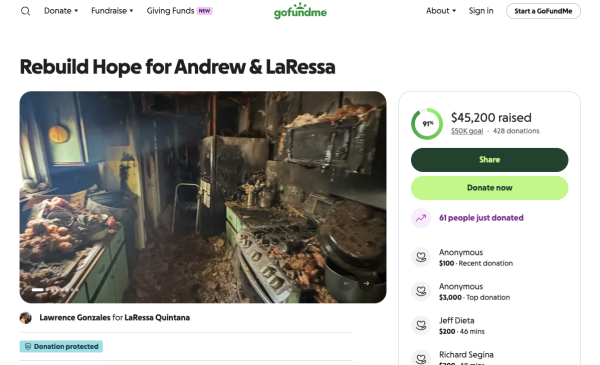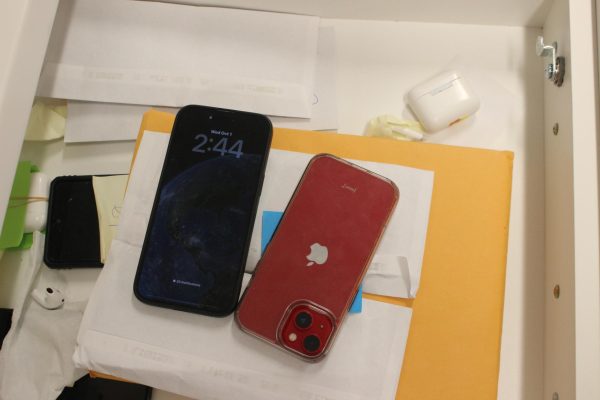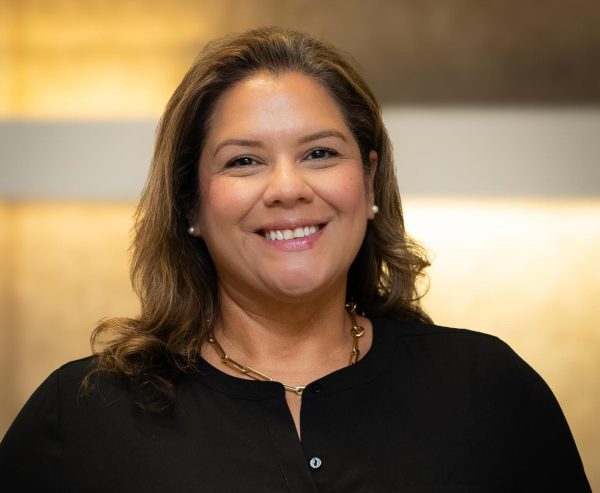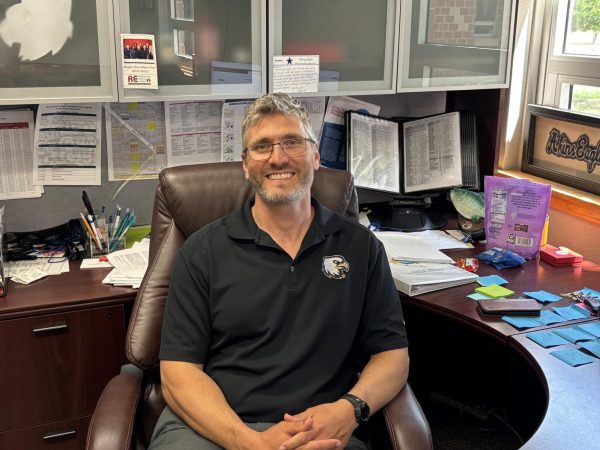Teachers, students stress need for media
Limited use of certain websites cause frustration among those who use it
Computers are denied access to certain websites for containing “prohibited friendship content.” Sites like YouTube and Twitter, that were once open to everyone on campus, are now blocked from Austin ISD schools.
Since mid-January, Austin ISD has changed the settings for filtering YouTube, blocking all but the “Education” channel that contains pre-screened videos.
However, many other videos often used by teachers to teach are also getting blocked. So instead of students intently watching educational videos, classes are erupting with complaints such as “I can’t see the video!’’ “It won’t play!” “It’s blocked!” and what was once a helping tool in luring the students into today’s lesson is now pushed off to the side out of frustration.
Since last year, YouTube was easily accessible to students on campus, but now is filtered by the school district’s Information Systems and Technology office, only allowing videos in the YouTube Education channel to be accessed.
“I regularly use social media in the education setting,” New Tech academy Teacher Lora Alaniz said. “So those websites being blocked has really taken a toll on the quality of education we are having right now.”
Last year Akins pushed for “flipped classrooms” as a new method of teaching. With sites like YouTube being blocked frustration is emerging while teachers struggle to find an alternative.
“I feel that there are some videos that are purely educational but are not labeled as educational so we’re trying to get that opened up,” principal Daniel Girard said. “I think there is sort of a push and pull between the district and what we’re doing here at school.”
YouTube, along with many other sites including Twitter, that were beneficial to those among campus for homework, tutorial, and lecture use are now being blocked. AISD department of Information Systems and Technology blocks sites that may hold inappropriate content in order to receive federal funding for telecommunication services and Internet access.
However, many feel that although this could be a reasonable explanation for the limited access of certain websites, it is over filtered and overbearing. The filtration prevents educational benefits to many students.
“To block certain sites from teens who are learning to be in the world and interact with it, I think is a disservice to them,” Alaniz said. “How are you supposed to learn how to be safe on the Internet if you can’t even be on it.”
As many are frustrated over the limited access, students also feel the over filtration of certain sites is much more than homework deep and hurts many on campus.
“I feel that as a student and a member of publications at school the website filtration is really hurting me in Yearbook,” senior Aless Luna said. “If we ever need to announce anything to the student body it’s hard because we need to go to our teacher to help unblock sites like Twitter and it’s a hassle and things don’t get put out fast enough.”
Many teachers also feel this is another problem rising from the website filtering.
“Not every student has a computer at home or a cell phone with a data plan,” Alaniz said. “I feel like this is hurting people who don’t already have the resources as it is.”
From preventing educational benefits, some believe the lack of Internet use in school limits students ability to take on bigger responsibilities.
“If we are to teach them how to be responsible digital citizens, then they need to access the Internet world,” math teacher Natalee Peterson said.
Your donation will support the student journalists of Akins High School. Your contribution will allow us to purchase equipment and cover our annual website hosting costs.









